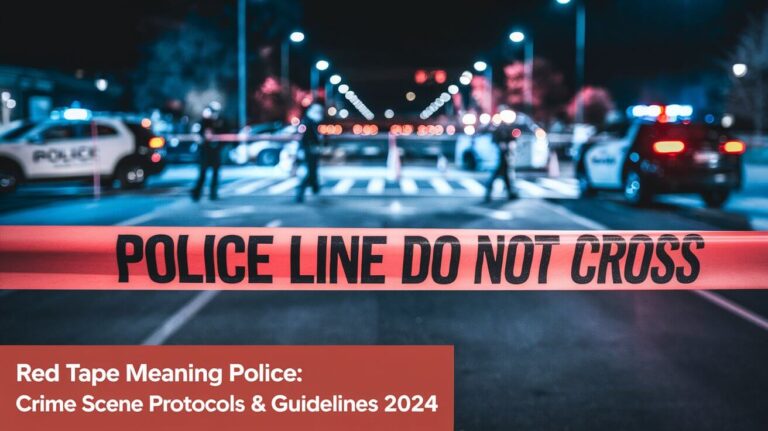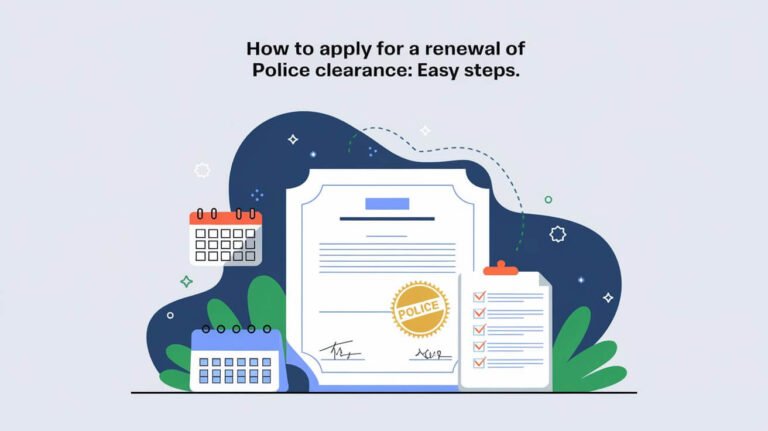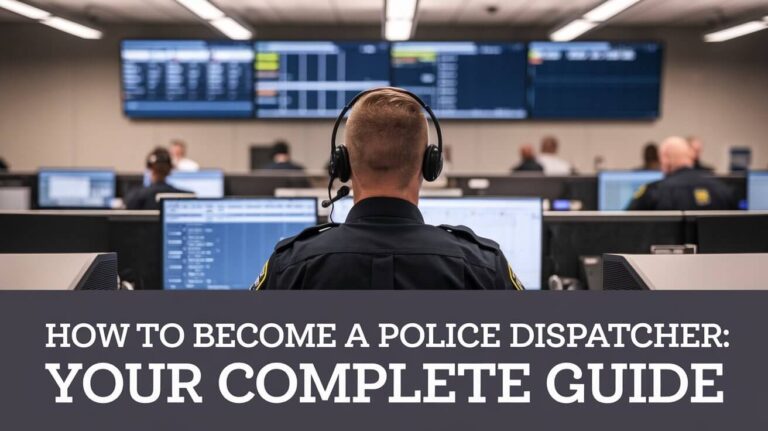How Long Can Police Hold My Phone Without a Warrant?

Police can hold your phone without a warrant for a reasonable time if they have probable cause to believe it contains evidence of a crime. This period typically ranges from a few hours to several days, depending on the circumstances of the case.
Your smartphone holds a wealth of personal information, making it a prime target for law enforcement during investigations. But what happens when the police seize your phone? How long can they keep it? What are your rights? This article dives into the complex world of phone seizures, warrants, and your constitutional protections.
Understanding Your Rights
The Fourth Amendment and Phone Searches
The Fourth Amendment protects you from unreasonable searches and seizures. This protection extends to your digital devices, including smartphones. Courts have recognized that phones contain vast amounts of private data, deserving special consideration.
What Constitutes a Legal Phone Seizure?
For a phone seizure to be legal, police must have:
- A valid warrant
- Probable cause to believe the phone contains evidence of a crime
- Your voluntary consent
Without these, taking your phone violates your constitutional rights.
When Can Police Take Your Phone?
During an Arrest
If you’re arrested, police can seize your phone as part of the arrest process. However, they still need a warrant to search its contents in most cases.
With Probable Cause
Officers who believe your phone holds evidence of a crime can seize it temporarily. They’ll need to quickly obtain a warrant to search it.
With Your Consent
If you agree to hand over your phone, police can take and search it. Be cautious about giving consent, as it waives your Fourth Amendment protections.
Time Limits for Police Holding Your Phone
Without a Warrant
Without a warrant, police should only hold your phone for a short time – typically a few hours to a couple of days. They need this time to secure a warrant or determine if one is necessary.
With a Warrant
Once police have a warrant, they can hold your phone for a “reasonable” time to complete their search. This could be days, weeks, or even months, depending on the case’s complexity.
Factors Affecting Hold Duration
Several factors influence how long police can keep your phone:
- The nature of the suspected crime
- The amount of data to be searched
- The resources available to law enforcement
- The phone’s potential as evidence in court
The Warrant Process for Phone Searches
Establishing Probable Cause
To get a warrant, police must show a judge they have probable cause to believe your phone contains evidence of a crime. This requires specific facts, not just hunches.
What a Valid Warrant Includes
A proper phone search warrant should specify:
- The phone to be searched
- What information they’re looking for
- Time limits for the search
Challenging an Invalid Warrant
If you believe the warrant is invalid, consult a lawyer immediately. They can help challenge the warrant’s legality and potentially suppress any evidence obtained.
Exceptions to Warrant Requirements
Exigent Circumstances
In emergencies, like preventing imminent destruction of evidence or saving a life, police may search a phone without a warrant.
Search Incident to Arrest
Courts have limited this exception for phones. Generally, police need a warrant to search an arrested person’s phone, unlike other personal items.
Plain View Doctrine
If a police officer sees evidence of a crime on your phone screen without searching it (like an incriminating text notification), they may be able to seize the phone.
Your Rights During a Phone Seizure
Refusing to Unlock Your Phone
You have the right to refuse to provide your passcode or biometric unlock. Police need a warrant or court order to compel you to unlock your device.
Asking for Documentation
Always ask for a receipt or inventory of seized items, including your phone. This creates a record of the seizure.
Seeking Legal Counsel
Contact a lawyer as soon as possible if police seize your phone. Legal advice is crucial in protecting your rights.
Getting Your Phone Back
When No Evidence is Found
If the search reveals no evidence, police should return your phone promptly. However, the definition of “promptly” can vary.
After the Investigation Concludes
Even if evidence is found, you’re entitled to your phone’s return once it’s no longer needed for the investigation or potential court proceedings.
Legal Steps to Reclaim Your Device
If police won’t return your phone:
- Contact the investigating officer or their supervisor
- File a formal request with the police department
- Consult a lawyer about legal action to recover your property
Phone Data and Privacy Concerns
What Can Police Access on Your Phone?
With a warrant, police can potentially access:
- Call logs
- Text messages
- Photos and videos
- App data
- Location history
- Browser history
Protecting Your Digital Information
To safeguard your data:
- Use strong passwords or biometric locks
- Enable encryption on your device
- Regularly back up and delete sensitive information
- Be cautious about what you store on your phone
Recent Legal Precedents on Phone Privacy
Courts continue to grapple with digital privacy issues. Recent cases have strengthened protections for cell phone data, requiring warrants for certain types of searches.
Long-Term Phone Retention by Police
Reasons for Extended Holds
Police might keep a phone for an extended period if:
- It’s evidence in an ongoing investigation
- The case is heading to trial
- They’re waiting on forensic analysis results
Your Rights in Prolonged Cases
You have the right to know why your phone is being held and to challenge excessively long retentions.
Challenging Excessive Retention
If you believe police are holding your phone too long:
- Request updates on the investigation status
- File a formal complaint with the department
- Consider legal action to compel the phone’s return
Illegal Phone Seizures and Searches
Recognizing Unlawful Police Actions
Red flags for illegal seizures include:
- Taking your phone without probable cause or consent
- Searching the phone without a warrant (outside of exceptions)
- Holding the phone for an unreasonable time without explanation
Steps to Take if Your Rights Are Violated
If you suspect an illegal seizure:
- Remain calm and don’t resist
- Document everything you can about the incident
- Refuse to consent to any searches
- Contact a lawyer immediately
Potential Legal Remedies
If your rights were violated, you might be able to:
- Suppress evidence obtained illegally
- File a civil rights lawsuit
- Seek the return of your property through legal channels
State-Specific Laws on Phone Seizures
Variations in State Regulations
While federal law sets a baseline, states may have additional protections for digital privacy. Some states require warrants for all phone searches, even incident to arrest.
Notable State Court Decisions
Several state courts have ruled on phone privacy issues, often providing stronger protections than federal courts.
Staying Informed About Local Laws
Research your state’s specific laws on digital privacy and phone seizures. Local civil rights organizations often provide up-to-date information.
Technology and Phone Seizures
Advancements in Phone Forensics
Law enforcement constantly develops new tools to extract and analyze phone data. This can lead to longer hold times as they process complex information.
Encryption and Police Access
Strong encryption can make it difficult or impossible for police to access phone data, even with a warrant. This remains a contentious issue in law enforcement and privacy debates.
Future Trends in Digital Evidence Collection
Expect continued legal battles over:
- Remote access to phone data
- Cloud storage searches
- Use of artificial intelligence in data analysis
Frequently Asked Questions
Can police search my phone if I’m not arrested?
Generally, no. Without an arrest, police need your consent or a warrant to search your phone, barring emergency circumstances.
What should I do if police ask for my phone password?
You have the right to refuse. Politely decline and state that you don’t consent to searches. Ask if they have a warrant specifically for the phone’s contents.
How long can police keep my phone for a minor offense?
Even for minor offenses, police can hold your phone for a reasonable time to investigate. However, this should be shorter than for serious crimes – typically a few days at most.
Conclusion: Protecting Your Rights and Privacy
Understanding your rights is crucial when dealing with phone seizures by law enforcement. While police can hold your phone temporarily without a warrant, they need legal justification to keep it for extended periods or to search its contents.
Remember:
- You have the right to refuse consent for searches
- Always ask for documentation of any seizure
- Seek legal counsel if you believe your rights have been violated
Stay informed about your local laws and emerging legal precedents in digital privacy. By knowing your rights and the limits of police authority, you can better protect your personal information and navigate encounters with law enforcement confidently.






